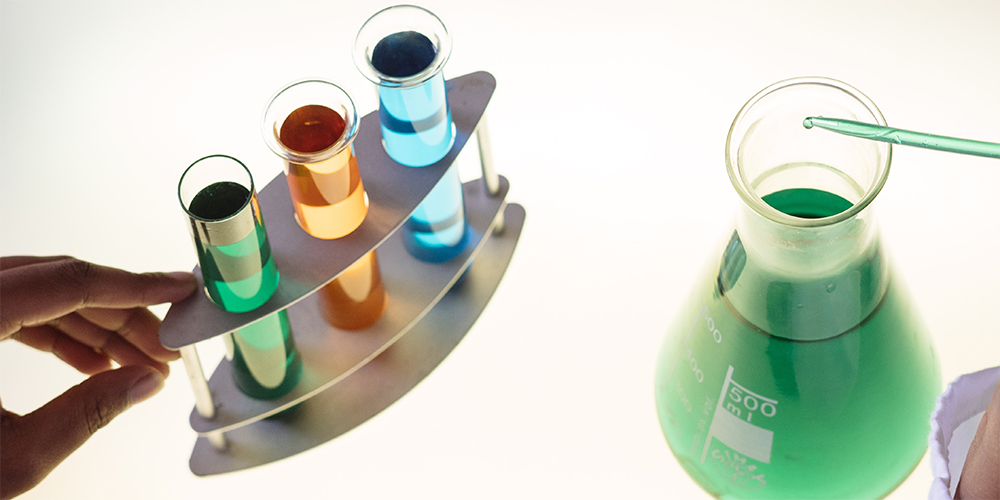The use of fluorides for tooth protection: Fluoride is effective in preventing cavities (tooth decay). It coats tooth surfaces, and by its presence prevents plaque from building up, while hardening on the tooth's surface. This mineral simultaneously prevents tooth decay and keeps the tooth healthy and strong.
fluoride Administration
Fluoride is administered in two ways, topical and systemic:
Topical fluoride is applied directly to the tooth through toothpastes, gels, and mouth rinses commonly at home. Even though they may be available in some pharmacies, the types of fluorides used in the dentist office are often at a much stronger concentration than is found in toothpaste or mouthwashes.
Systemic fluorides are generally used by the dentist or some public water systems. They are rarely available for use at-home without a prescription. Dentists protect the oral health of some children with specific conditions who are undergoing dental procedures by prescribing systemic fluoride treatment. Systemic suggests being absorbed to pass through the blood for its effect to be realized.


Receiving fluoride treatment from your dentist
A fluoride treatment in our office takes just a few minutes. After the treatment, patients may be asked not to rinse, eat, or drink for at least 30 minutes so that the teeth may absorb the fluoride. Depending on your oral health status, you may require fluoride treatment every three, 6, or 12 months.
How to choose the right fluoride treatment
When choosing your own at-home fluoride product such as toothpaste or mouthwash, be sure that you buy an approved product. Ask the pharmacist or talk to your dentist about safe products. Fluorides are chemical agents, therefore, a medication that can affect other prescribed medications.

